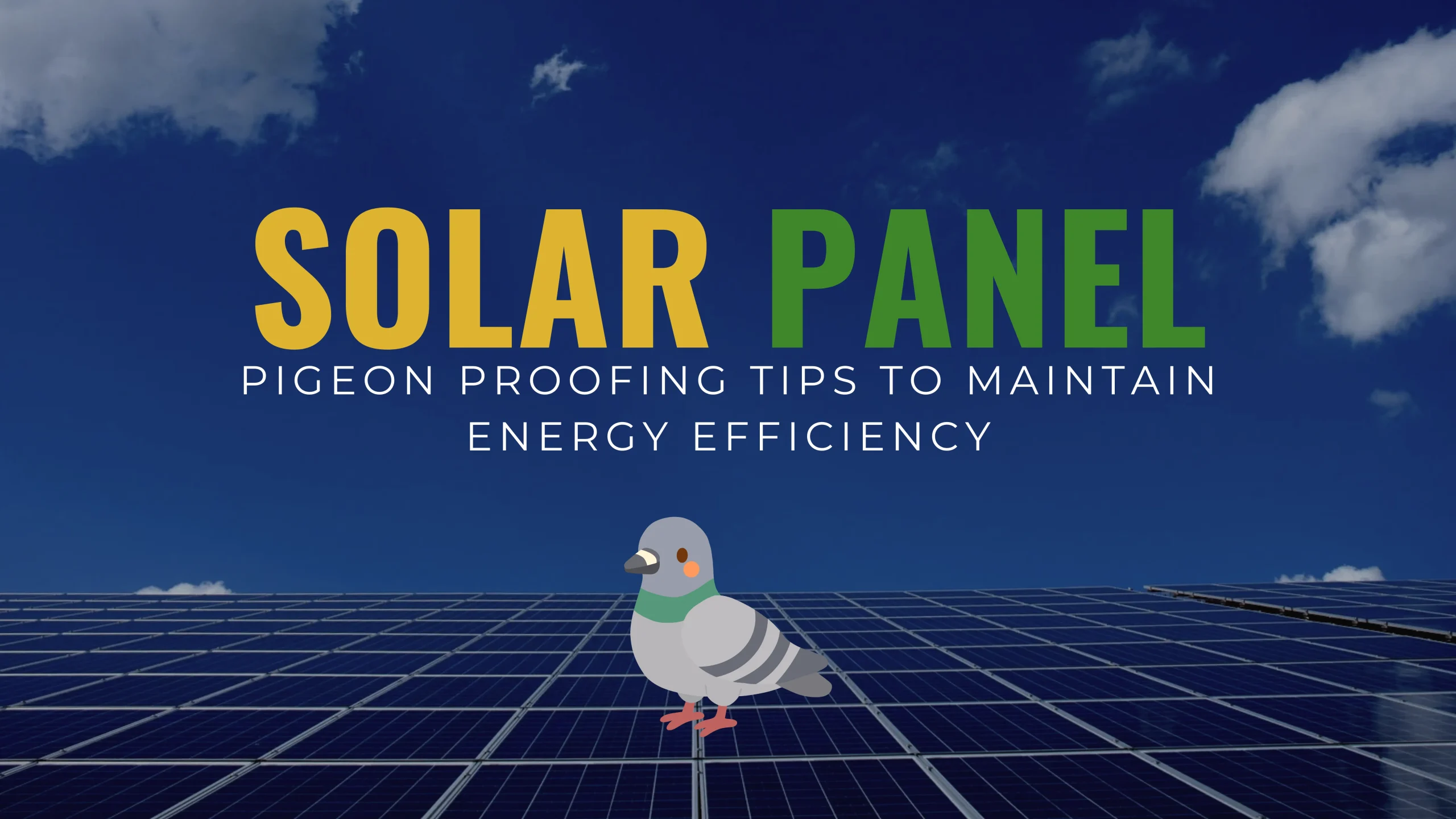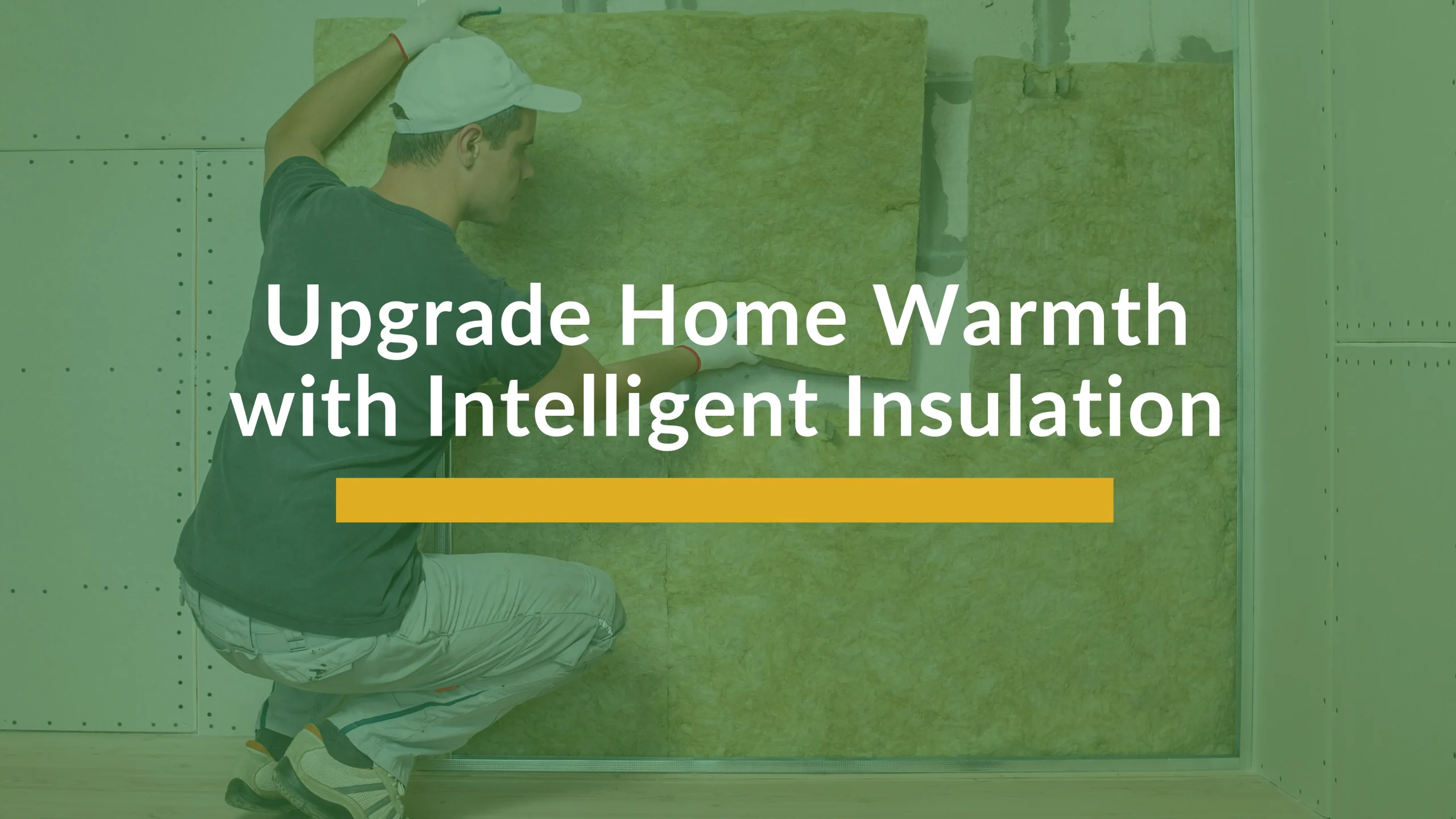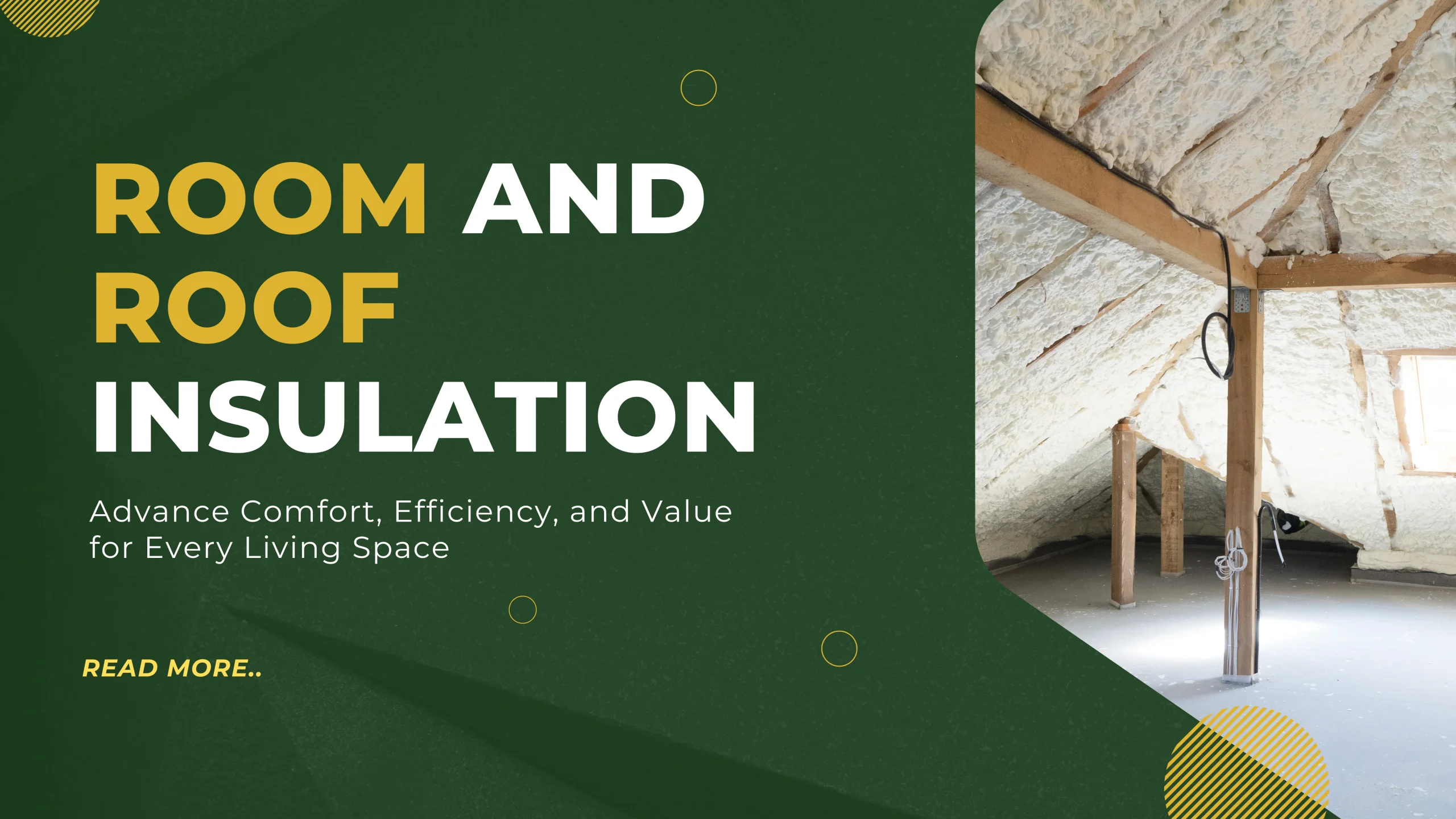Do you have high energy bills or uncomfortable home temperatures? If so, your house could be losing heat through its walls. Cops and Insulation, and your home has more in common with them than you might realize! External wall insulation might be the answer. But what is external wall insulation, and why is it becoming the insulation method of choice for a growing number of homeowners? This guide will cover everything you need to know about this revolutionary system, including its benefits, different types, and installation, so that you can determine if it’s an option you’d like to adopt in your home.

What is external wall insulation
What is External Wall Insulation?
External wall insulation. Before and after. External wall insulation involves fixing an insulation material to the outside of the wall and then covering it with protective layers. Usually, the walls are fitted with insulating boards and a tough render or cladding. In addition to enhancing the thermal performance of a structure, the system provides other benefits, including greater resistance to weather exposure and enhanced aesthetic value.
Benefits of External Wall Insulation
There are numerous positive consequences of installing external wall insulation for both homeowners and the broader community. Here are some key benefits:
Improved Energy Efficiency
External wall insulation will also under perform without insulation to keep the captured energy inside the building.
Insulated walls help maintain a consistent indoor temperature, ensuring your home stays warm during winter and cool during summer.
Eco-Friendly Solution
The lower power usage of this fixture means a more eco-friendly choice for your lighting needs.
Boosted Curb Appeal
From a choice of finishes, external wall insulation systems can enhance the appearance of your home.
Soundproofing
This additional insulation barrier reduces sound.
External Wall Insulation and Grants
A significant concern for homeowners when choosing an insulation company may be the availability of government programs and energy efficiency schemes that help offset the cost of energy-efficient home improvements. Therefore, it’s worth checking to see if you’re eligible in your area.
Types of External Wall Insulation
External wall insulation systems can vary in terms of materials and finishes. Here are the types most often preferred:
External Wall Cavity Insulation
This is ideal for houses with cavity walls, as it involves injecting the space between the inner and outer layers of the brickwork with insulation.
Insulation Panels
The external walls are insulated with prefabricated panels with high thermal performance. They are easy to set up and available in various thicknesses to suit your needs.
External Solid Wall Insulation
In the case of solid wall properties, boards or slabs fixed to the outer face will help prevent heat from escaping.
Specialized Coatings
These also provide insulation and even out the surface of your walls.
All of these techniques are completed by professional installers, who maintain the standard and follow building regulations.
How to Insulate External Walls
Learning how to insulate exterior walls can help you to prepare and understand when it may be a job you can tackle yourself. Here’s what you need to do:
Initial Assessment
After which, an installation contractor visits your premises to review the type of insulation (external wall insulation panels or solid wall systems) that is most suited.
Surface Preparation
Walls are cleaned, and any pre-existing damage is repaired to create a solid bonding surface.
Insulation Installation
The insulating boards or materials are bound to the walls with a slip.
Application of Render/Cladding
The Insulation is covered with a protective barrier to protect it against moisture and lend a finished appearance.
Final Inspection
After the work is finished, the effectiveness and visual appeal of the system are examined.
For optimal performance, consider hiring professional wall insulation contractors in your area for expert installations and ongoing support.
External vs. Internal Wall Insulation
Many homeowners choose external over internal wall Insulation because it saves much space. Internal Insulation reduces floor space and requires extensive redecorating, whereas external Insulation preserves your interior as is. However, for small projects, internal solutions are often cheaper.
So, what is the best external wall insulation? It depends on what kind of property you have, where you reside, and how much money you have. The professional suggestion from a well-known brand Golden Globe Ltd, for example) may assist you in making the right choice.
Key Considerations Before Installing
Consider these points before installing the external wall insulation:
Cost and Grants
Find out if you may get grants to assist pay for the expense of insulating the outside walls.
Planning Permission
Receive: Local Approvals Depending on where and what you plan to build on your property, you may need approval from local authorities.
Installer Expertise
Also, hire professional insulation providers to make sure you can trust that your insulation installation will be safe and function well.
Weather Conditions
Under favorable conditions that facilitate installation, such as weather, and with proper adhesion maintained, the adhesive must be installed.
Future Maintenance
The completed system will require occasional maintenance to ensure it continues to perform at its best. Consider weatherproofing and occasional inspections.
Why Choose External Wall Insulation?
Whether you’re seeking to improve your home’s energy performance, counter the effects of rising energy bills, or enhance your home’s curb appeal, exterior wall insulation may be a worthwhile consideration. It’s also one of the best external wall insulation systems available if you want something that’ll last. Working with trusted installers and utilizing a can make the process easier and more cost-effective.
Key Benefits in a Nutshell
So here are five rapid reasons to use external wall insulation:
- Reduces heat loss to save energy costs
- Maintains indoor comfort year-round
- Enhances property value and aesthetics
- Reduces environmental impact
- Offers long-lasting protection against the weather
To determine if this is possible or if you require professional assistance, which Golden Globe Ltd would provide.
For older properties or houses that are no longer energy-efficient, efficient wall insulation is a sensible choice. With knowledge about what external wall insulation is and the benefits, kinds, and application process associated with it, you’re in a much better position. As a neutral, you are sold on the idea of lower bills, better levels of comfort, or the added curb appeal. External insulation delivers on all fronts, allowing you to benefit from the advantages of external wall insulation. External wall insulation refers to the application of an insulating material to the exterior of a building’s walls. External insulation of the walls of your house. This process helps conserve energy, minimize heat loss, and give the property a more appealing appearance.
Frequently Asked Questions
What are the Pros and Cons of External Wall Insulation?
It slashes energy bills, enhances indoor comfort, diminishes noise pollution, and adds protective weatherproofing. It can also augment curb appeal with different finish options.
How does the installation process function?
Installers fasten insulation, such as panels or boards, on building walls. They then install a veneer or cladding system over the insulation to provide protection and enhance the appearance.
Can I get a grant for external wall insulation?
Yes, some local governments and energy-saving initiatives offer funding for external wall insulation to help lower the cost for you. Eligibility is typically based on criteria such as the type of property and its energy efficiency rating.
External Wall Insulation: Who Should Apply It?
External wall insulation compliance with building regulations can be undertaken by certified installers who can guarantee the safety, artistry, and compliance with building regulations of the process.
What is the difference between external and internal wall insulation?
External wall insulation is fixed to the exterior of the property a benefit for the occupier with the least impact on floor space. Internal wall insulation, on the other hand, places greater demands on the interior of the home and may necessitate redecoration.
Is external wall insulation durable?
Yes, it does when appropriately installed. It should last for decades with minimal maintenance, resulting in long-term savings and protection against weather damage.







One reply on “What is External Wall Insulation? Expert Brand”
Awesome post, I really enjoyed reading it! Saved this for later, definitely worth revisiting. Keep up the great work, it’s really helpful.